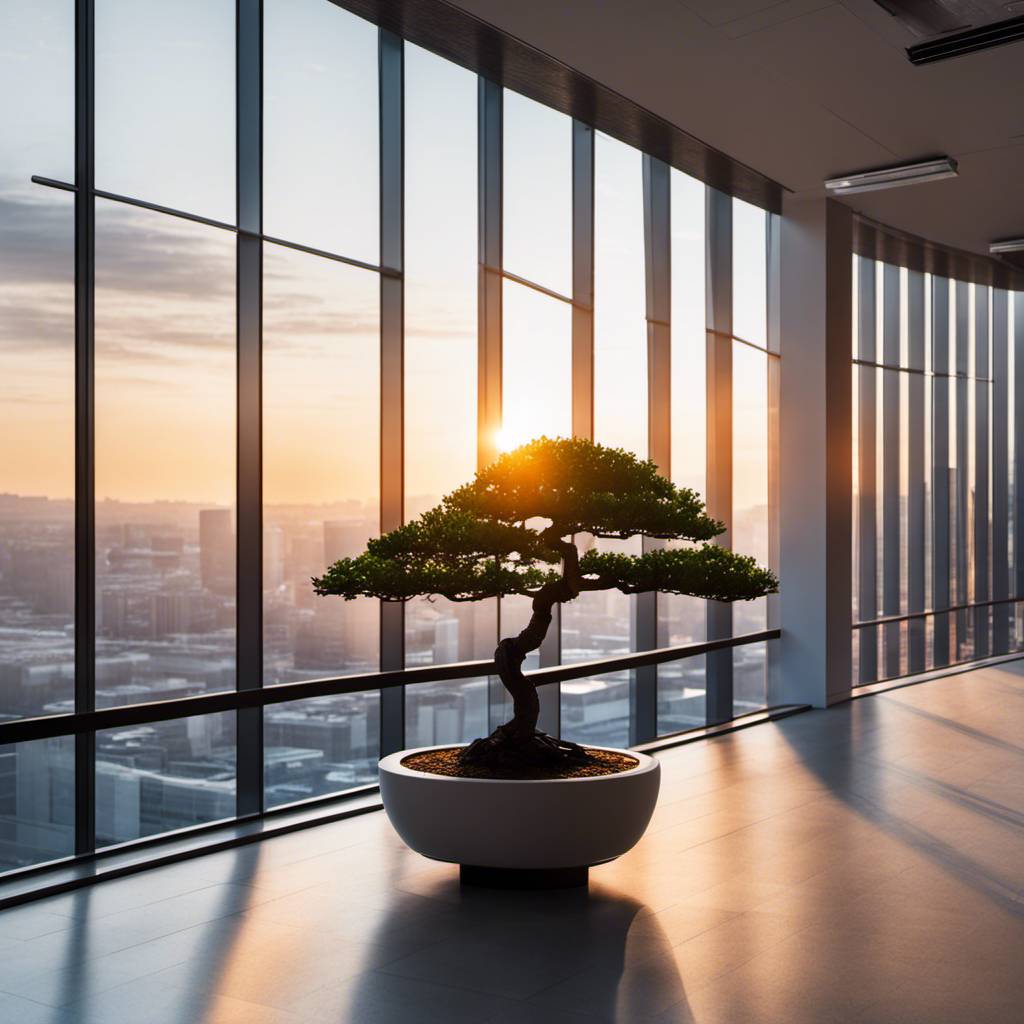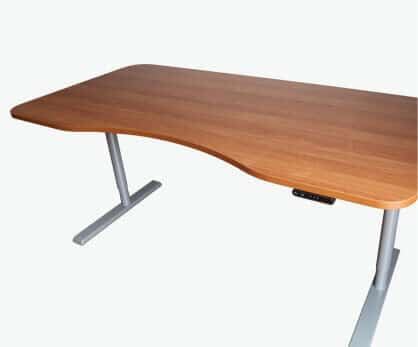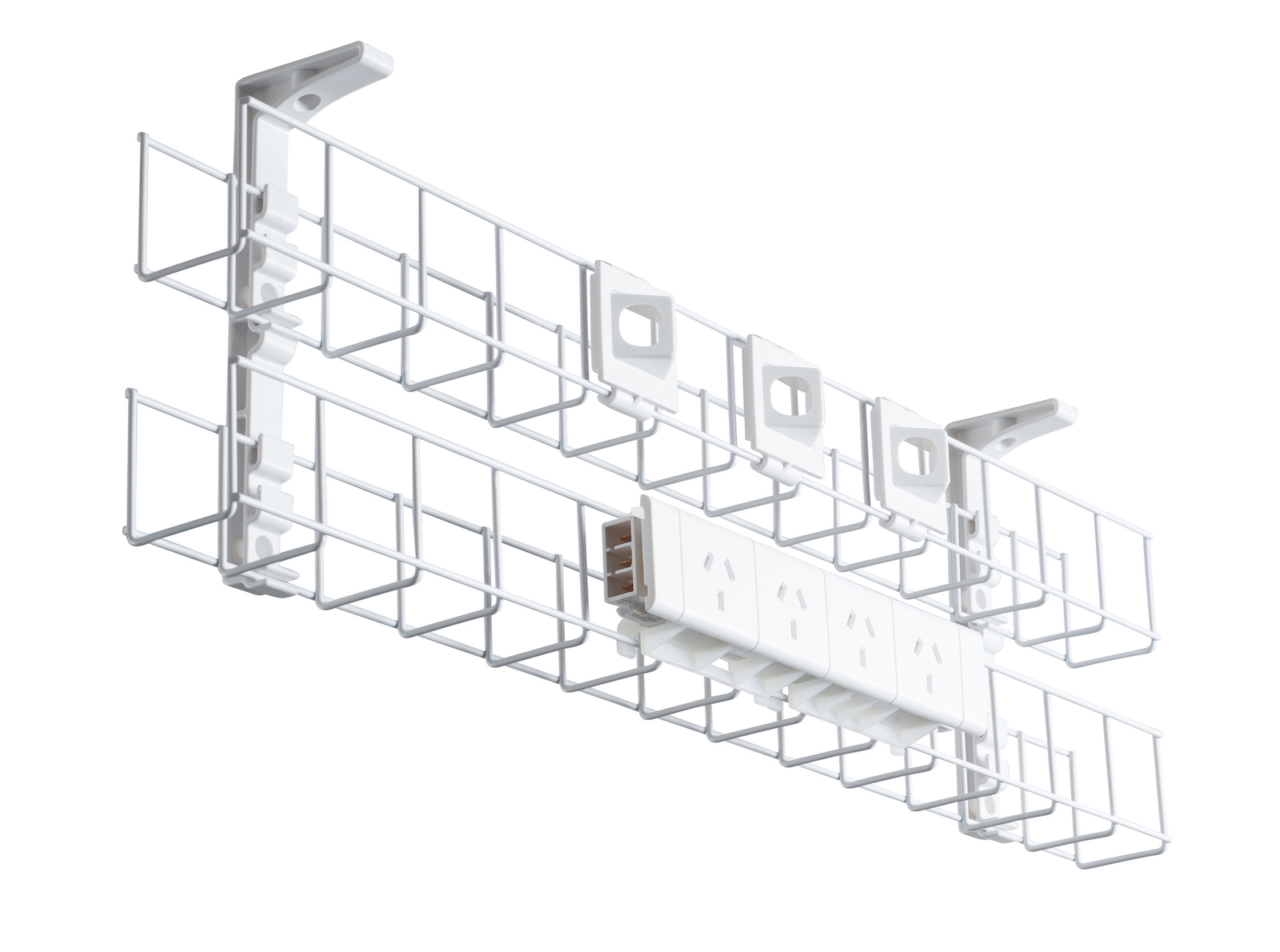
Embracing Kaizen: The Japanese Philosophy Transforming Personal and Business Success
Japan is globally renowned for its high-quality exports such as automobiles, computer components, and electrical machinery. Yet, the country’s most influential exports may not be physical goods, but rather, its unique lifestyle philosophies. Ideals like ikigai, omoiyari, omotenashi and misogi, which emphasize purpose, patience and mutual respect, offer a pathway to a more fulfilling life. These principles are not merely fashionable concepts found in travel brochures; they can significantly enhance your personal life, from your relationships to your physical health and even your daily workflow.
Take the concept of omoiyari, which encourages empathy and compassion towards others. This philosophy is reflected in the Japanese practice of returning lost wallets more frequently than anywhere else globally and the custom of Japanese soccer players cleaning locker rooms before departing, sometimes even leaving behind origami cranes as a gesture of goodwill.
Among these philosophies, one of the most enduring is kaizen, a principle that advocates for continuous improvement. This article will delve into how embracing kaizen can help you achieve your personal and professional goals.
Kaizen is not a new concept. The philosophy was popularized by Massaki Imai, a successful businessman who passed away last summer at age 92. Imai’s illustrious career included working as an interpreter in the U.S., attending Tokyo University, and founding Japan’s leading executive recruiting firm, Cambridge Research Institute, in the early 1960s. He was instrumental in promoting kaizen during Japan’s post-World War II industrial growth period.
Kaizen’s essence is continuous improvement. In the business world, companies like Toyota have embraced this principle for years, using it to drive continuous growth. This process involves identifying problems, generating ideas, testing solutions repeatedly in a clean and organized workspace that prioritizes service and safety. Kaizen fosters gradual improvement, encourages teamwork and stimulates passion for the work.
Although kaizen may seem like a corporate utopia, it has practical applications in personal life. For instance, if you’re wondering how to choose the best standing desk, kaizen encourages you to continuously seek improvement, whether it’s in terms of ergonomics, functionality or aesthetics.
The philosophy of kaizen is not as daunting as it may initially appear. It aligns with the central principle of James Clear’s bestseller Atomic Habits, which advises readers to aim for a 1% improvement each day. Eric Platte, Vice President of Global Operations for the Atlanta Hawks, wrote an insightful LinkedIn essay on this topic, linking kaizen to the 4% rule – the idea that a single hour represents just 4% of your day. This rule encourages us to use each hour purposefully and view it as part of a larger journey.
Kaizen is about making small, consistent improvements each day. Whether your goal is to earn a degree, become a better swimmer or save for a down payment on a house, kaizen encourages you to make the most of your time and never take it for granted.
To begin your kaizen journey, identify areas in your life that need improvement. Be honest with yourself and seek feedback from others. Research experts in the field and connect with them if possible. This process may not be easy, but the gradual nature of kaizen ensures that you have time to make changes, improve and grow at your own pace.
So, whether you’re looking to improve your health benefits of an electric stand up desk or striving to be a better version of yourself, the Japanese philosophy of kaizen offers a practical and manageable approach to personal improvement.





